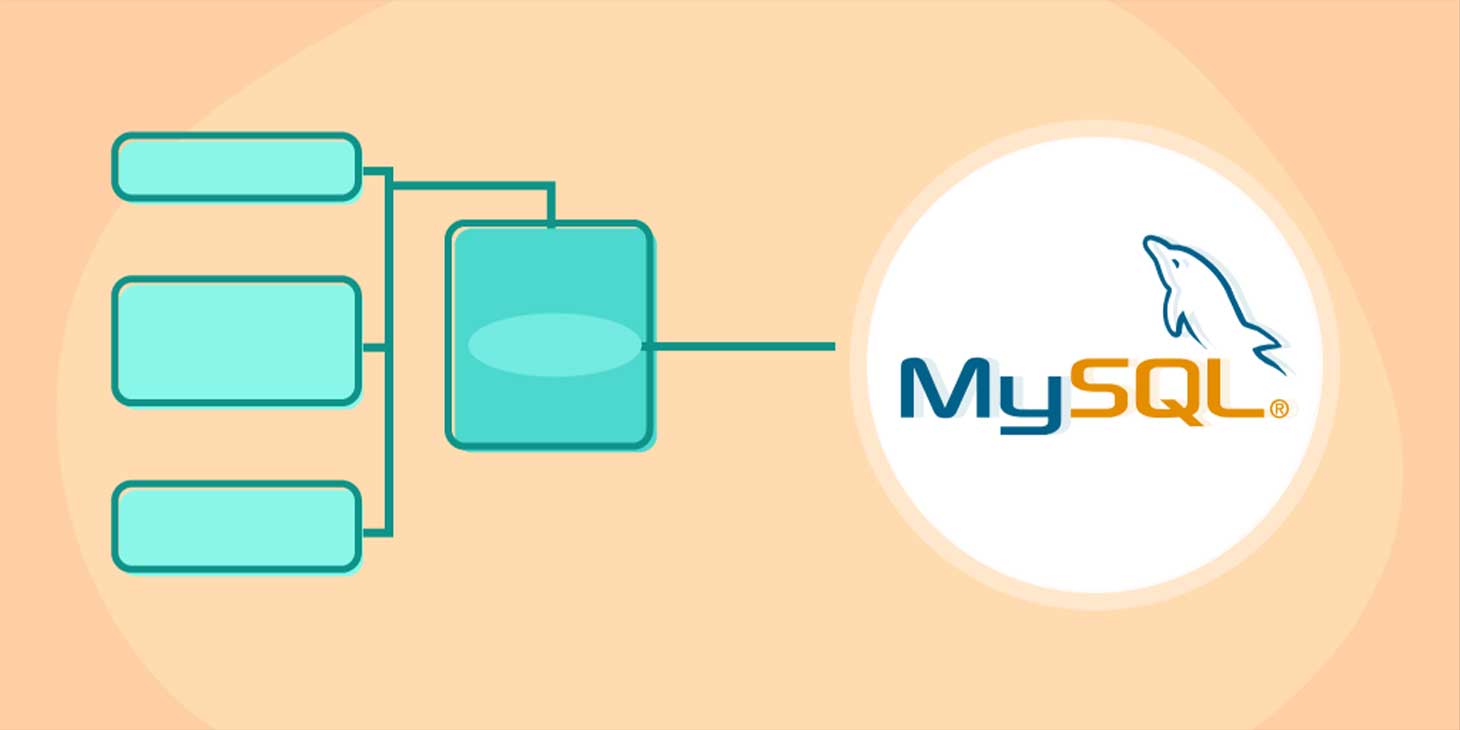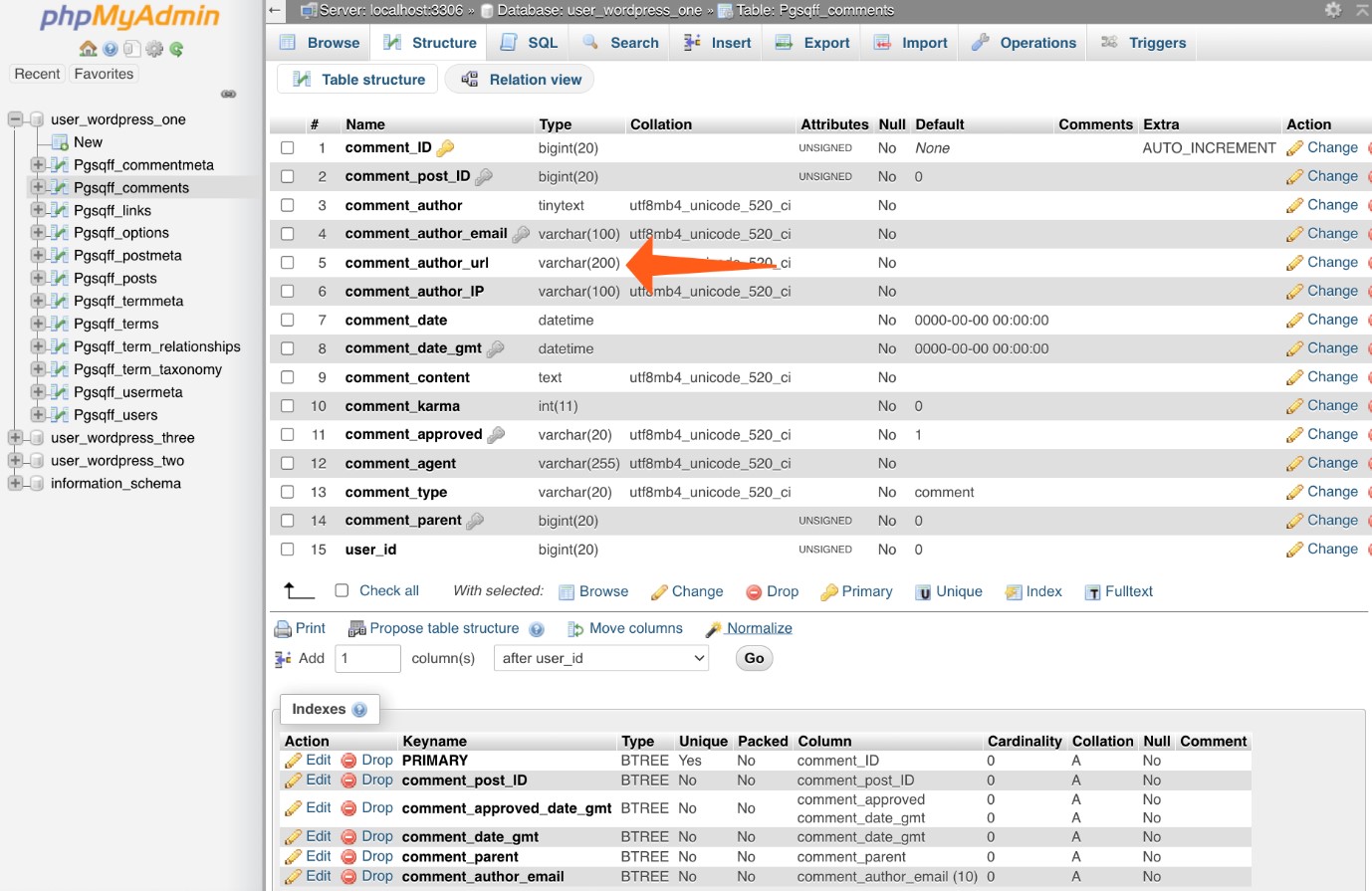Choosing Between VARCHAR and TEXT in MySQL

When creating a database for web applications, selecting the appropriate data type for text fields is crucial. In MySQL, all text fields utilize one of the string data types, each with unique characteristics. Understanding which type best fits your requirements is essential for effective data management.
The choice of data type not only influences suitability but also determines how much data you can store, where it’s stored, and its flexibility. Therefore, familiarizing yourself with the different data types can enhance the performance of your database operations.
The two most popular data types you should know about are VARCHAR and TEXT. Let’s delve into their characteristics to determine which is best for your needs.
A Recent Development
Both VARCHAR and TEXT can be confusing because, starting from MySQL 5.0.3, they both support a maximum length of 65,535 characters. Previously, VARCHAR was limited to 255 characters. This change has made VARCHAR quite similar to TEXT, raising the debate over which one to use, making the decision more challenging.
Short Answer: Generally, VARCHAR is the preferred option for most applications, but it's not suitable for all scenarios.
Surface-Level Comparison
If you want a quick comparison, VARCHAR typically stands out. It supports variable-length data with a maximum of 65,535 characters, optimizes storage, offers greater flexibility, and is fully indexable. However, VARCHAR is not the right choice when you need to store data exceeding 65,535 characters.
In-Depth Comparison
Both VARCHAR and TEXT are part of MySQL’s BLOB (Binary Large Object) category, but they possess unique features:
CHAR vs. VARCHAR
-
CHAR:
- Supports a fixed length of up to 255 characters.
- No need to declare character count during table creation.
- Pads empty characters with spaces.
- Consumes fixed storage, regardless of the actual data length.
-
VARCHAR:
- Supports a variable length, up to 65,535 characters.
- Requires declaring the maximum character count during table creation.
- Does not pad unused characters.
- Uses only the necessary storage and an additional 1-2 bytes for the length prefix.
With higher character limits and storage optimization, VARCHAR is generally more flexible than CHAR.
TEXT and Its Variants
TEXT is similar to VARCHAR, but it has three variants:
- TEXT: 65,535 bytes
- MEDIUMTEXT: 16 MB
- LONGTEXT: 4 GB
While TEXT's variants provide greater flexibility for large data requirements, they come with certain drawbacks. Let’s compare TEXT with VARCHAR.
VARCHAR vs. TEXT
Here’s a parameter-wise comparison:
- Indexing Ability: VARCHAR can be fully indexed, while TEXT can only be indexed up to a certain length.
- Sorting Possibility: VARCHAR can be sorted using the entire string length, but this is not possible with TEXT.
- Storage Usage: TEXT occupies 2 + length of the string, whereas VARCHAR occupies 1 + length of the string for up to 255 characters and 2 + length for more than 255 characters. Thus, for smaller strings, VARCHAR can even be more storage-efficient than TEXT.
- Performance Optimization: VARCHAR can be stored in MySQL’s memory storage, while TEXT cannot. Queries involving TEXT columns may create temporary tables on disk storage, which can be resource-intensive and lead to longer query completion times.
Verdict: VARCHAR or TEXT?
Given the above comparisons, VARCHAR is typically the better choice for web applications that require sorting text under 65,535 characters. TEXT can be a reasonable option when its limitations do not pose issues. However, when dealing with data exceeding 65,535 characters, MEDIUMTEXT and LONGTEXT are more suitable choices.
That said, using VARCHAR is generally advisable, as adding large amounts of data into a database can lead to unintended consequences.
Choosing the Right Data Type
Although VARCHAR is preferable in most cases, situations like detailed blog posts or complaints on a website might exceed its character limit. For such fields, MEDIUMTEXT and LONGTEXT should be considered.
Here’s how to optimize data types:
- Access the built-in tool of cPanel called phpMyAdmin.
- Select your desired database from the list.
- Check the structure of its tables to find the data types.

For example, developers often use VARCHAR for shorter fields (like comment type, comment author, and URLs) and LONGTEXT for longer fields (like posts and comment content).
The reasons for this choice include:
- VARCHAR fields need to be indexed, whereas LONGTEXT fields do not.
- There is less chance of exceeding character limits in VARCHAR fields compared to longer content in posts or comments.
To avoid future issues, using a mix of VARCHAR and TEXT where appropriate is advisable.
Conclusion
Both VARCHAR and TEXT have their respective advantages and drawbacks, and no single data type fits all scenarios. However, most database needs can be met with VARCHAR, while MEDIUMTEXT and LONGTEXT should be used sparingly and only when necessary.
For more details, you can refer to this blog post.
